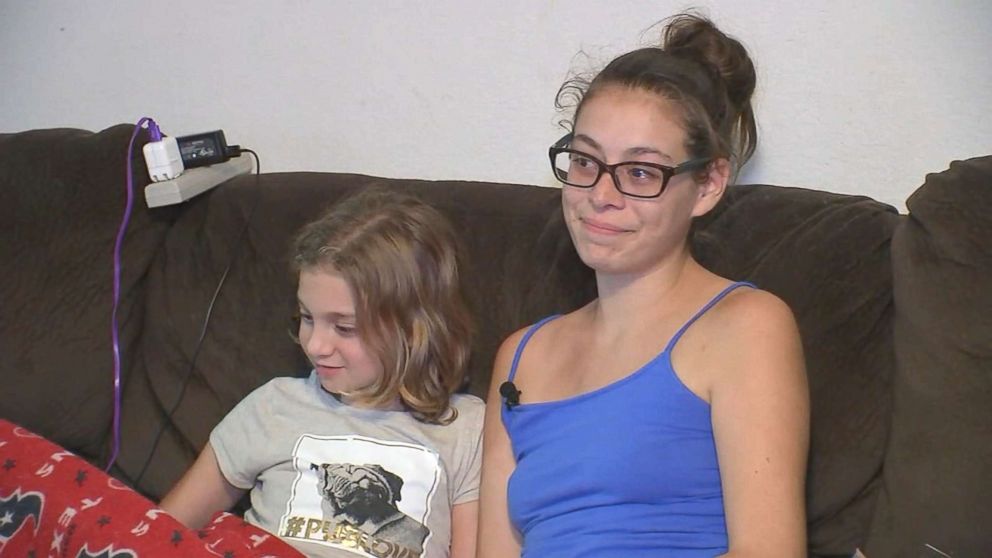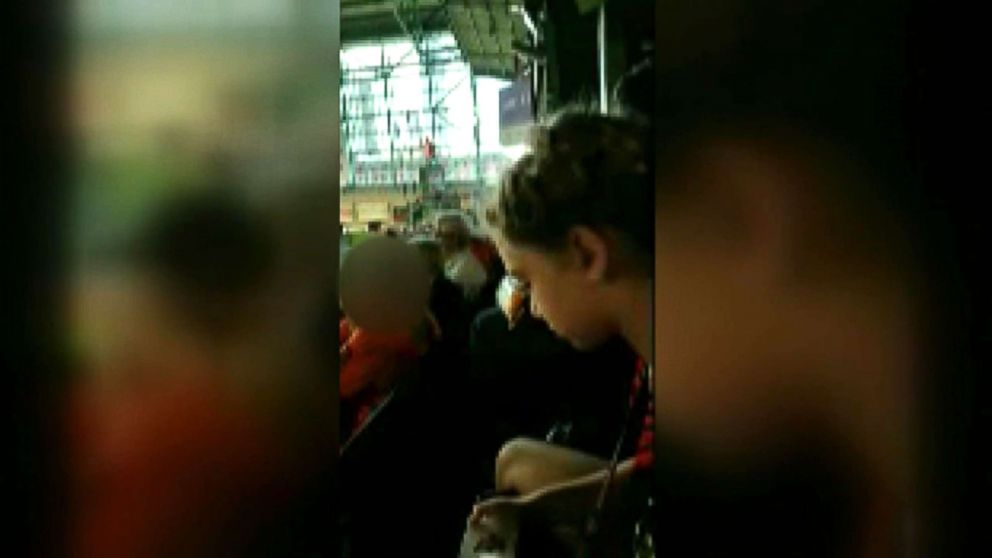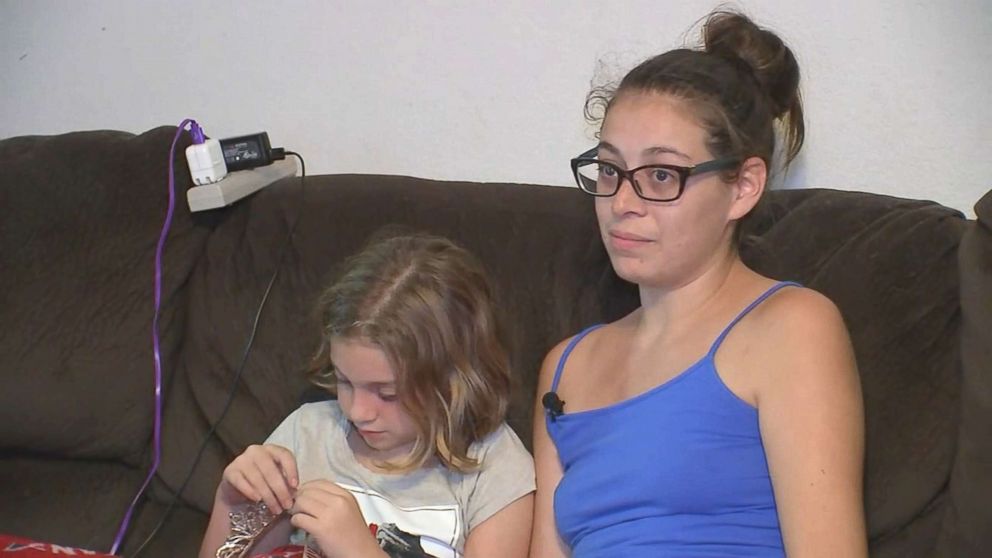Video of 8-year-old with mood disorder scolded by stranger goes viral
A young girl in Texas with special needs has touched hearts everywhere after a video of her at a baseball game went viral.
In the video posted on Facebook, 8-year-old Chloe, who suffers from disruptive mood dysregulation disorder (DMDD), reacts after a stranger scolds her for cheering too loudly for the Houston Astros at their game on Sunday.
When the woman sitting in front of her turns around and shouts, "That's enough," Chloe's face falls and she becomes subdued.

In her post, Chloe's mother, Monica Beaver, said that because of the disorder, the little girl did not always express emotions in a normal way and the game was an outlet for her to positively express herself.
Beaver wrote in the post that "..and now because of a stranger that may have been ruined!"
"This poor baby shut down," Beaver continued in the post. "Completely defeated and refused to cheer the remainder of the game (5 innings) in fear she would get in trouble by this lady again!"

The post has been shared more than 9,000 times and received more than 4,800 comments as of Wednesday afternoon. Many commenters across the country comforted Chloe and encouraged her to cheer on the team as much as she wanted.
Chloe's disorder is found in children and adolescents and characterized by an underlying sad or irritable mood, according to the American Psychiatric Association. Its symptoms include angry outbursts that the child expresses verbally -- through screaming -- or behaviorally -- through physical aggression, but these outbursts do not match the child's developmental level.
Beaver wrote that the disorder means Chloe can't comprehend emotions at a level greater than that of a toddler's.
Not much is known about DMDD, as it has been identified only relatively recently, according to the National Institute of Mental Health (NIMH).
"DMDD can impair a child’s quality of life and school performance and disrupt relationships with his or her family and peers," according to the NIMH website.
"Children with DMDD may find it hard to participate in activities or make friends. Having DMDD also increases the risk of developing depression or anxiety disorders in adulthood."
The disorder is common among children who visit pediatric mental health clinics, according to the website.




